The latest research out of the University of South Florida and Tampa General Hospital (TGH) Cancer Institute has confirmed a troubling link between ultra-processed foods and cancer, finding clear evidence of inflammation inside colon cancer tumors themselves. “It is well known that patients with unhealthy diets have increased inflammation in their bodies,” said Dr. Timothy Yeatman, associate center director at the TGH Cancer Institute. “We now see this inflammation in the colon tumors themselves, and cancer is like a chronic wound that won’t heal.” The study highlights at least 10 popular ultra-processed foods that could be quietly fueling this inflammation.
1. Creamy Scoops of Trouble
Ice cream delivers a triple threat to your health with its combination of added sugars, artificial flavors, and unhealthy fats. The sweet treat you enjoy on hot summer days actually triggers harmful inflammation throughout your body.
Regular consumption has been linked to increased cancer risk in multiple studies. The problem lies not just in the sugar content but also in the industrial processing methods used to create that smooth, creamy texture.
Many commercial brands contain emulsifiers and stabilizers that disrupt gut health, potentially allowing cancer-promoting compounds to enter your bloodstream more easily.
2. Breakfast Cereal’s Hidden Dangers
Those colorful boxes promising nutrition actually deliver a morning dose of potential carcinogens. Commercial cereals typically contain excessive sugar, artificial colors, and minimal fiber—a combination that fuels chronic inflammation in your body.
The manufacturing process strips away beneficial nutrients from grains and replaces them with synthetic vitamins. Many popular brands market themselves as healthy while containing more sugar per serving than some desserts!
Research suggests the high glycemic impact of these cereals may contribute to insulin resistance, creating an internal environment where cancer cells can thrive more easily.
3. Deli Meat’s Dangerous Secret
Ham, turkey, and salami from the deli counter might make quick sandwiches, but they carry serious health concerns. These meats undergo extensive processing with preservatives like nitrates and nitrites, which convert to cancer-causing compounds in your digestive system.
The World Health Organization has classified processed meats as Group 1 carcinogens—the same category as tobacco. The high sodium content further aggravates inflammation throughout your body, creating ideal conditions for abnormal cell growth.
Even products labeled “natural” often contain concerning preservatives under different names, making them equally problematic for long-term health.
4. Soda’s Sinister Side Effects
Beyond the obvious sugar content, sodas harbor a cocktail of cancer-promoting ingredients. The high-fructose corn syrup in these beverages overwhelms your liver and triggers inflammatory responses throughout your body.
Caramel coloring used in many dark sodas contains 4-methylimidazole, a compound California lists as a carcinogen. Even diet versions aren’t safe—artificial sweeteners have been linked to disrupted gut bacteria and metabolic changes that may increase cancer susceptibility.
Just one soda daily significantly raises your risk for several cancer types, particularly pancreatic, colorectal, and breast cancers, according to longitudinal studies.
5. Potato Chips’ Crispy Cancer Connection
The satisfying crunch of potato chips masks their serious health threat. When potatoes are fried at high temperatures, they produce acrylamide—a known carcinogen that forms during the cooking process.
Most packaged chips also contain excessive sodium and inflammatory oils that remain in your system long after eating. The combination of refined oils, salt, and artificial additives creates the perfect storm for cellular damage.
Research published in the International Journal of Cancer found that regular chip consumption significantly increased risk for several digestive system cancers, particularly when consumed as part of an ultra-processed food pattern.
6. Mass-Produced Bread’s Troubling Ingredients
The soft, white bread lining supermarket shelves bears little resemblance to traditional loaves. Modern commercial breads contain azodicarbonamide—a chemical also used in yoga mats and plastic products—along with various preservatives linked to cellular damage.
Refined flour in these products causes rapid blood sugar spikes, contributing to chronic inflammation. Many manufacturers add high-fructose corn syrup and trans fats to improve taste and shelf life, further increasing cancer risk.
Studies show populations consuming predominantly refined breads experience higher rates of colorectal and stomach cancers compared to those eating traditional, minimally processed varieties.
7. Instant Noodles’ Concerning Compounds
Those quick and convenient cup noodles carry serious long-term health consequences. The noodles undergo deep-frying during manufacturing, saturating them with oxidized oils linked to DNA damage and cancer development.
The flavoring packets contain concerning levels of MSG and artificial additives that may promote systemic inflammation. Their plastic containers often contain BPA and similar compounds that can leach into the hot broth, adding another layer of carcinogenic exposure.
A study tracking 80,000 people found that women consuming instant noodles twice weekly showed a 68% higher risk of metabolic syndrome—a condition that significantly increases cancer susceptibility.
8. Sausages’ Carcinogenic Components
Sausages represent one of the most dangerous processed meats according to cancer researchers. The smoking and curing processes create heterocyclic amines and polycyclic aromatic hydrocarbons—compounds directly linked to DNA mutation and cancer initiation.
The fatty composition of sausages creates the perfect vehicle for storing these harmful compounds in your body long-term. Even organic varieties still contain naturally-occurring nitrates that convert to nitrosamines during cooking or digestion.
The American Institute for Cancer Research specifically recommends avoiding sausages entirely, as even moderate consumption significantly raises colorectal cancer risk by approximately 18% per daily serving.
9. Alcoholic Beverages’ Cancer Connection
Alcohol’s classification as a Group 1 carcinogen surprises many casual drinkers. When your body metabolizes alcohol, it produces acetaldehyde—a toxic compound that damages DNA and prevents normal cell repair mechanisms.
The risk extends beyond liver cancer to include mouth, throat, esophagus, breast, and colorectal cancers. Flavored alcoholic drinks compound the danger by adding sugar, artificial colors, and preservatives that further stress your detoxification systems.
Research indicates there is no safe threshold—even light drinking increases cancer risk, with each additional daily drink raising the odds by approximately 7-10% depending on the cancer type.
10. Packaged Snacks’ Perilous Ingredients
Those convenient cookies and snack cakes harbor a dangerous mix of refined sugars, inflammatory oils, and synthetic preservatives. The combination creates advanced glycation end products (AGEs) in your body—compounds known to damage cells and promote tumor growth.
Many packaged snacks contain potassium bromate and artificial colors banned in other countries due to cancer concerns. The high sugar content feeds cancer cells directly while suppressing immune function that would normally identify and destroy abnormal cells.
Harvard researchers found people consuming the most ultra-processed snacks showed a 23% higher risk of developing cancer compared to those eating primarily whole foods.

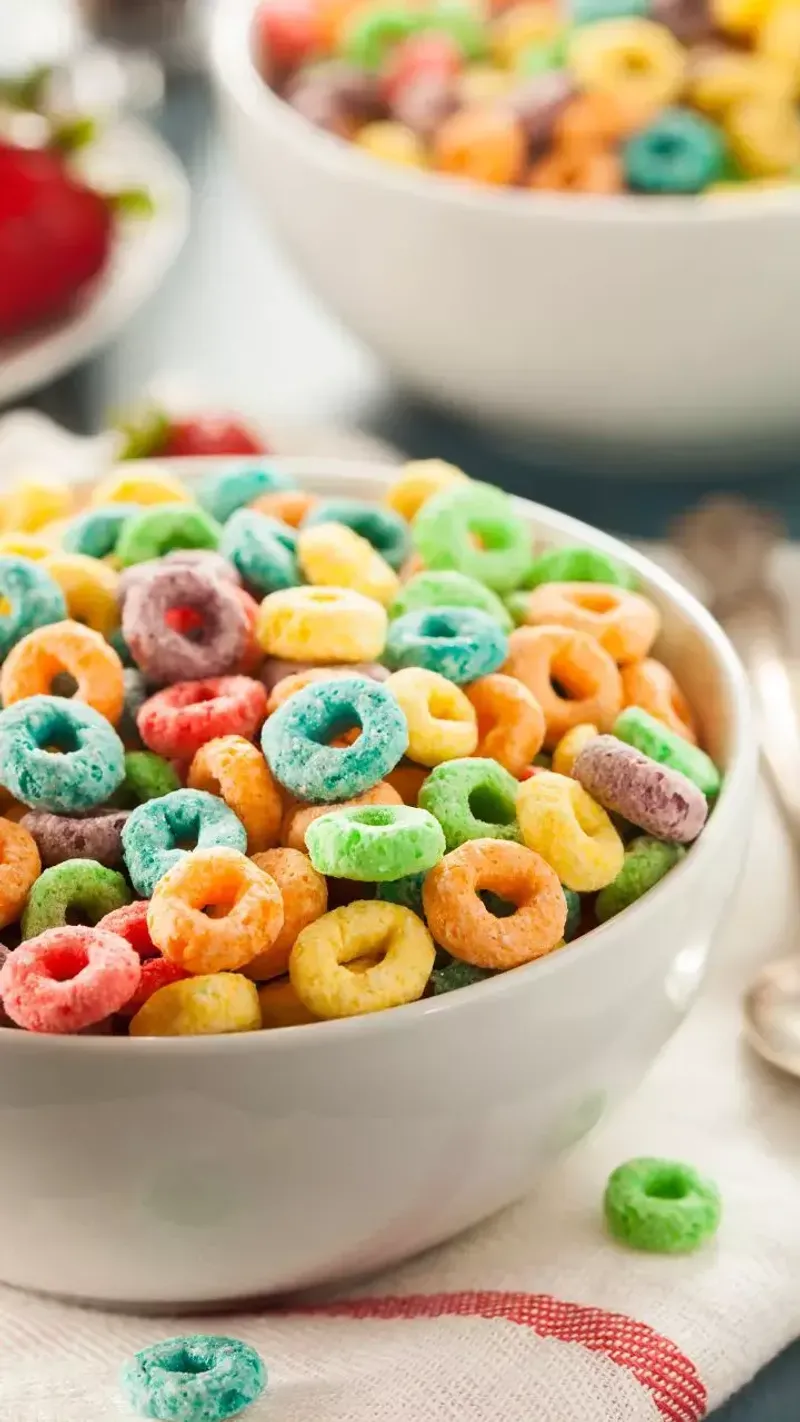
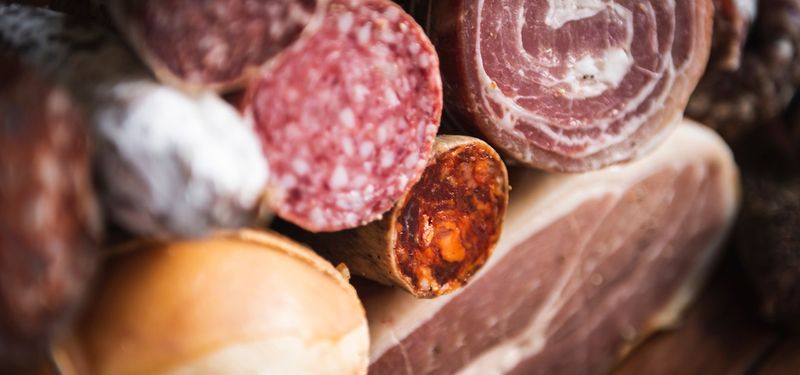

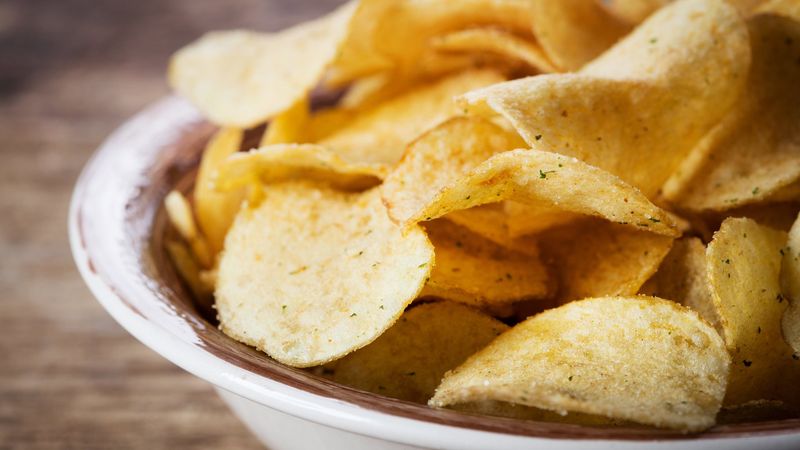
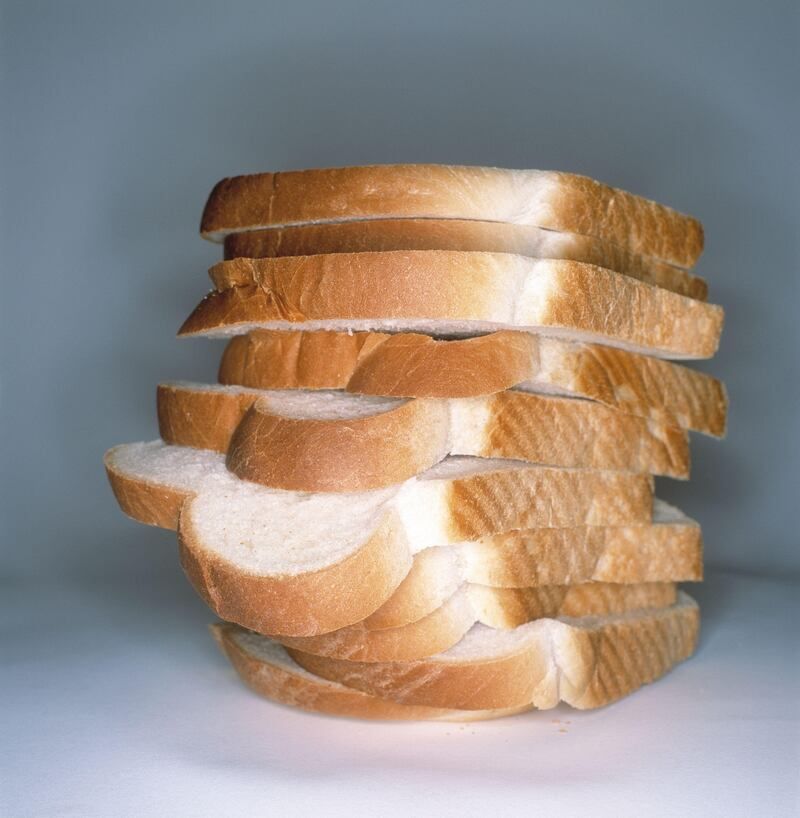
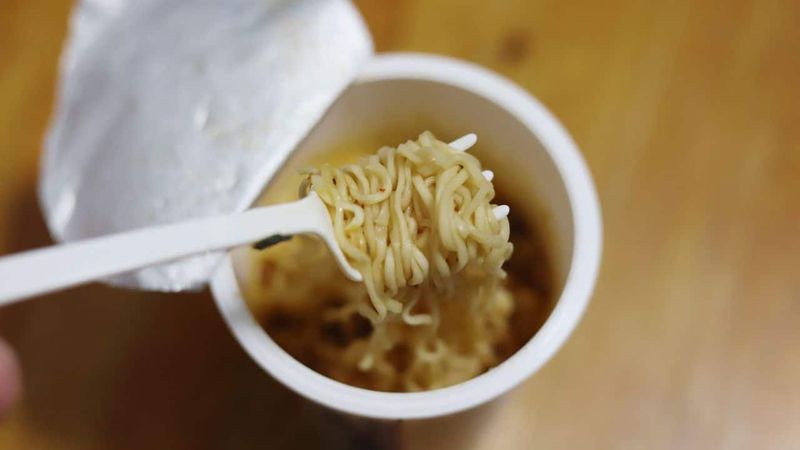
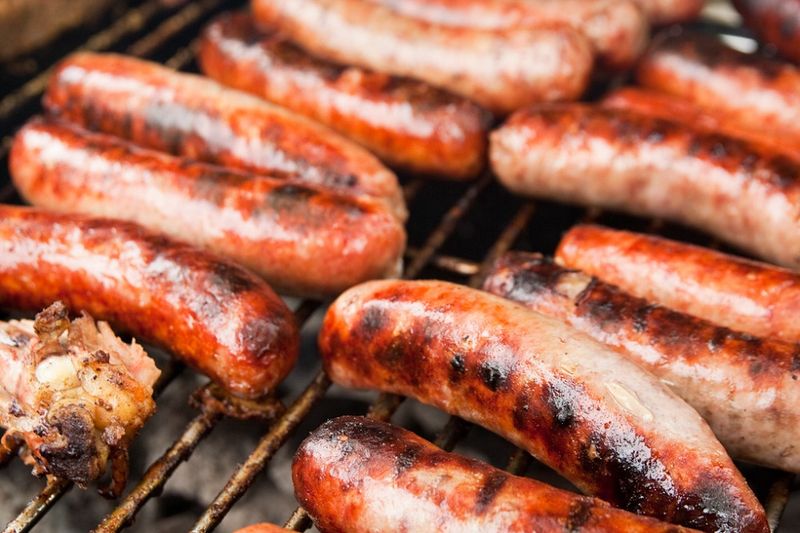

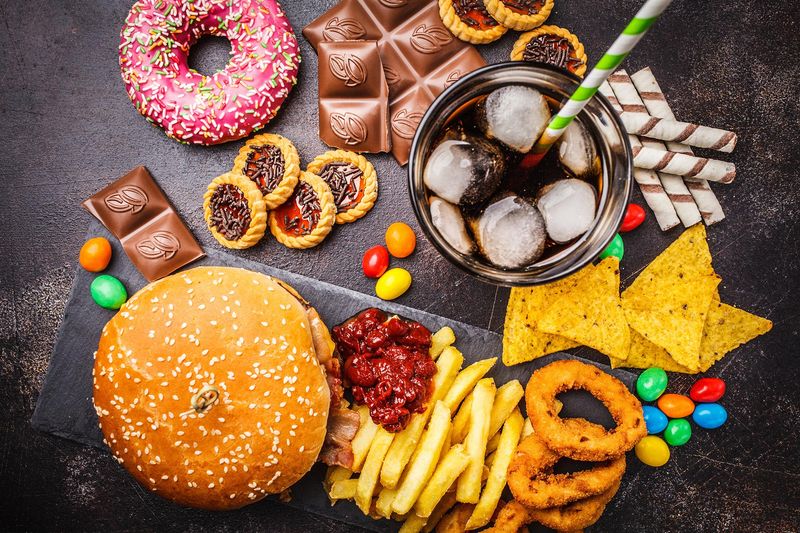
Leave a comment